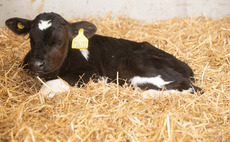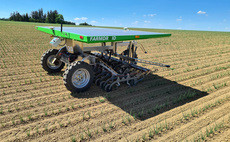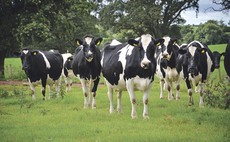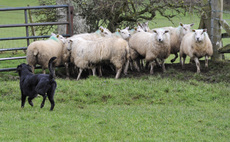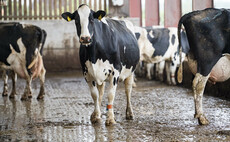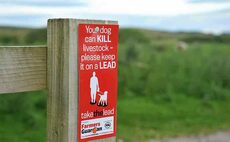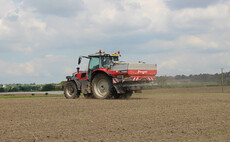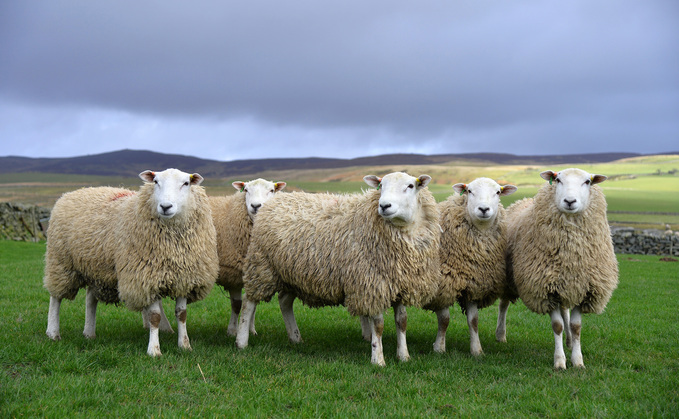
Wales' Chief Veterinary Officer, Richard Irvine, has urged livestock farmers in Wales to be alert to signs of bluetongue, with the Welsh Government 'considering the future role of vaccination in Wales.'
Vaccine
It is after confirmation of new cases of bluetongue virus in England, with Defra announcing this week the emergency use of unauthorised BTV-3 vaccine, under licence, in the high risk areas of the country.
Bluetongue is caused by a virus that is primarily transmitted by certain species of biting midges. It affects ruminants including cattle, goats, sheep and deer and camelids such as alpacas and llamas. Bluetongue does not affect people or food safety.
READ ALSO: Defra grants emergency permit for bluetongue vaccines to be used in England
Bluetongue
The impacts on susceptible animals can vary greatly – some show few clinical signs, for others it can cause productivity issues such as reduced milk yield or reproductive losses, while the most severe cases can be fatal for infected animals.
Bluetongue is a notifiable disease and suspect cases must be reported immediately to the Animal and Plant Health Agency (APHA).
READ ALSO: Bluetongue spreads to Yorkshire farm after case detected in bull
Advice
�������� can help prevent the disease by:
-
responsibly sourcing livestock with a reliable health status
-
practicing good biosecurity on their premises
-
remaining vigilant and reporting symptoms in their livestock
Keepers considering bringing in animals or biological products, for example germinal products, from BTV disease control zones or other affected countries should consult their vet to check whether this is permitted, and what risks are associated with this action. This should always be done before deciding to move or import animals.
Control zones
All businesses should have a contingency plan, including their response to disease outbreaks on their premises and their inclusion in a disease control zone. Contingency plans should include details of where animals are normally slaughtered to check that abattoir is designated.
READ ALSO: Siblings plan their Yorkshire tenancy succession with the support of their parents
Mr Irvine said: "As bluetongue has been recently confirmed in England, I would urge all keepers to take action now to protect their herds and flocks and help keep disease out of Wales. They should also be aware of how to spot bluetongue and report any suspected cases immediately.
Welsh Government
"Wales has never had a case of bluetongue, but with the changing situation, we are encouraging people to be vigilant and prepared for bluetongue.
"A stakeholder workshop and a vet webinar was held on September 4 to help raise awareness of the disease. I am grateful to all of our partners in the livestock industry and in veterinary practice for their support in disseminating information about bluetongue and their ongoing vigilance for this disease."
Your local Animal and Plant Health Agency (APHA) office should be contacted immediately on 0300 303 8268 if you suspect Bluetongue in your animals. APHA vets will investigate suspected cases.













